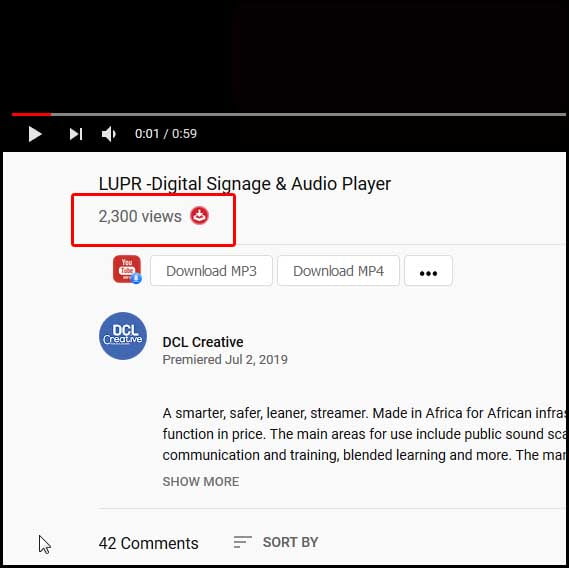Running on 20% power at a budget of $3 per day.
Update: 12 hours later

Update: After the weekend

Running on 20% power at a budget of $3 per day.


History is littered with stories like this. Walt Disney was rejected more than 100 times. The two Steve’s at Apple Corp. One Steve could design, code and do electronics while the other Steve was an A-hole who was in the right spot at the right time 5 times in a row. Guess which one became an Icon and billionaire? (The other Steve is doing alright.)

On the flip-side there are people in janitorial positions at companies like Micro Soft that had stock options when the company blew up in a spectacular manner. The truth is there is no way of knowing. Nassim Nicholas Taleb writes about this very thing in allot of his books. Black Swan is mainly about capitalizing (or avoiding) things that can in no way be predicted.
In the 90s all sorts of strange things started happening in tech and finances, almost none of which I agree with. One positive thing, however, was the way venture capital started to work. Before it was like that A & R guy, Dick, in the 1950s, where they would “audition” companies who already had a winning strategy and then to “mentor” said company to the “next level”. That is certainly not a bad approach. But things started moving just too fast in the early days of the internet. The new approach was to rather invest small amounts of seeding capital in 10 000 tech startups, rather than colossal amounts of funding in a few companies. The hope is; and the odds are, that one in 10 000 will blow up to be the next Google, Uber or Netflix. VCs are basically betting that 9 999 of the tech startups will fail. None of the startups are betting that they will fail and there in lies the paradox of Dick Rowe.
Don’t be a Dick (sorry, I could not resist) Rowe. Put aside time each week to score some free coffee, but don’t be a snob. Listen to ideas and try to connect people. One day someone might do the same for you. Have an open mind and go forth to be an entrepreneur. Just don’t tell your mom too soon 😉
Ethnography is the systematic study of people and cultures. It is designed to explore cultural phenomena where the researcher observes society from the point of view of the subject of the study. An ethnography is a means to represent graphically, through video documentation or in writing the culture of a group.
There is a revised edition out for the internet-era. I cannot wait to get my nose in one. Having said that, the new edition is already more than a decade old. It will be a curious read.
For TV and video producers this is the worse of times and the best of times. Tech is cheap, the tools of the trade is great and the resources on how to use them is ample. But what is missing? Experience, maybe? A deeper understanding of the old systems gave form to the new?
Before we shoot a single frame, we take keywords from the provided script and see how they will behave as search phrases. Below is a screen grab from a company that we used to do work for. This company; like many others at the time, moved all their media in-house. There is nothing wrong with such a move per say, as long as it works. In this case, it seems to me, that it does not.